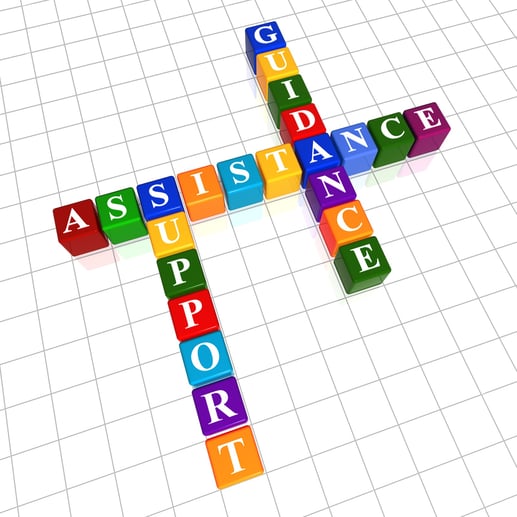While many property owners/taxpayers believe that House Bill 202 (HB 202), which was passed by the State Assembly of Georgia after intensive deliberations, took effect only on 1 January 2016, this is not so. Many of the provisions in the statute passed into effect upon the approval of the Governor and as of July 1, 2015. Along with the Office of the DeKalb County Tax Assessor, which has a considerable stake in the law, you should be well aware of the changes that have considerable impact on your own stake as a property owner.

Here are a few of these changes that took effect on July 1, 2015. If you require clarification about the spirit and intent of the HB 202 provisions, you should not ask your fellow property owners as you will likely get incorrect information. Your best bet is always to ask an experienced tax consultant about these matters and, in the process, get reliable advice about the best course of action in your appeals, if any, against the assessments made by the DeKalb County Tax Assessor.
Download the How Tax Assessors use the Income Approach eBook
Section 13
This section amends 48-5-302e in terms of extending the deadline for all county assessors in the State of Georgia for the turnover of the tax digest to the Tax Commissioner. The new deadline is July 15 of every year, which means that other deadlines will also be affected, many of which will be in the taxpayers’ favor.
Section 15
This section creates the position of Appeal Administrator with the Clerk’s office with said position authorized with certain duties, such as the custody of documents for the tax process for 12 months. The section also defines the duties of the Appeal Administrator regarding the filing and processing of formal complaints lodged the members of the Board of Equalization (BOE), as well as the changes in the functions of the board itself. The Appeal Administrator also has a budget (i.e., a line item), as made by the Board of Commissioners.
But the heart of Section 15 lies in the changes to the appeal process. You have to be aware of these changes, too, for the simple reason that your success at filing a winning appeal partly rests on it. Your tax consultant should be able to take advantage of the provisions in Section 15 in your favor.
First, the threshold fair market value for hearing officer cases has been lowered from $1 million to $750,000 under the new law. You will find that cases filed before a hearing officer usually have faster resolution especially when handled well by your tax consultant.
Second, the property owner/taxpayer has the option of amending an assertion of value as declared on the uniform assessment appeal form. You should not, however, abuse this option as you may find yourself on the losing end considering that each change will likely require new supporting documentation. Your tax consultant will be pressed for time considering the new tighter deadlines in the appeal process.
Third, the taxpayer can consolidate several appeals for multiple properties. Basically, you can consolidate all of your appeals so that it can be heard as a single appeal and treated as any case in the process.
Indeed, in many ways, you as the taxpayer and the DeKalb County Tax Assessor are now on more equal footing.




